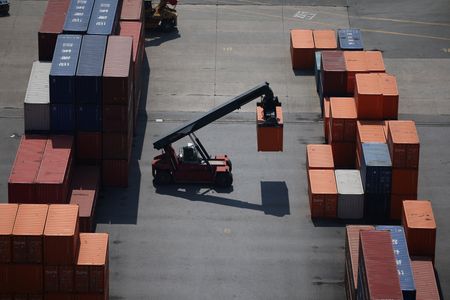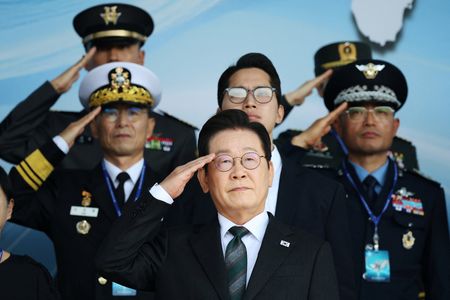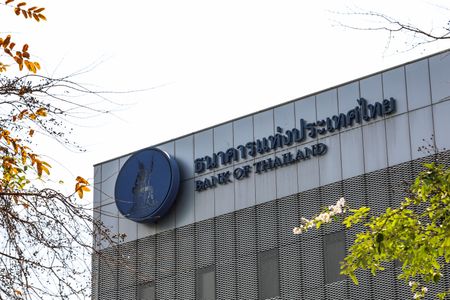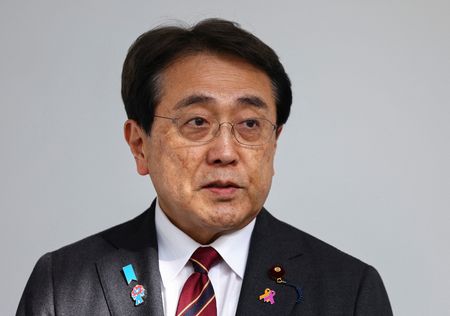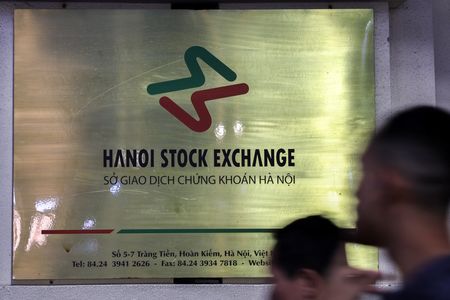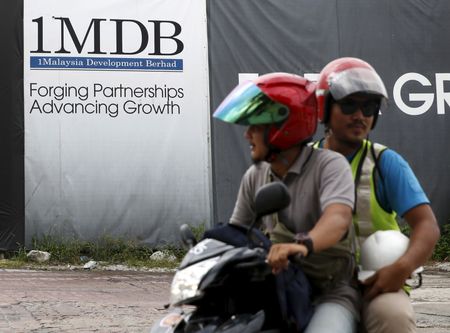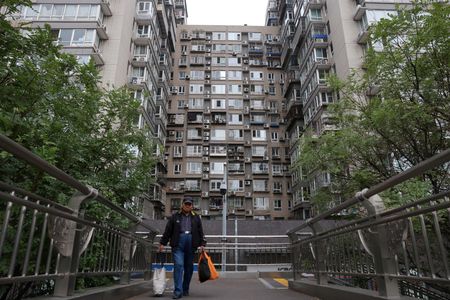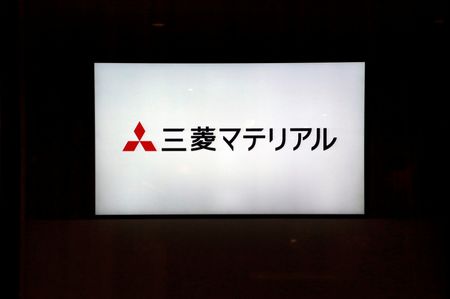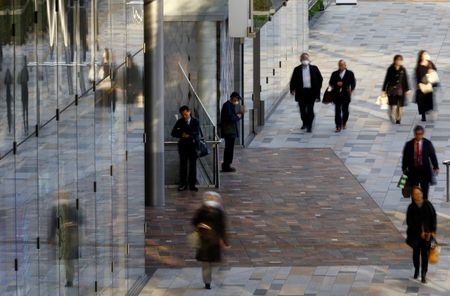By Jihoon Lee
SEOUL (Reuters) -South Korea’s exports rose at their fastest pace in 14 months in September, blowing past expectations, as a global AI boom drove strong demand for chips, though uncertainty persisted over trade negotiations with the U.S.
Exports from Asia’s fourth-largest economy, an early bellwether for global trade, stood at $65.95 billion in September, up 12.7% from a year earlier and a record monthly value, according to data from the customs agency. That compared with a 7.2% increase forecast in a Reuters poll of economists.
The surge in shipments topped the 1.2% rise in August and marked the biggest percentage gain since July 2024, also boosted by favourable calendar effects from the timing difference in the Chuseok thanksgiving holidays.
Share markets rose as much as 1% in early Asia trade, led by a rally in chip heavyweights, but the won turned lower.
Exports of semiconductors rose 22% to a record monthly value of $16.61 billion amid increasing demand from a global artificial intelligence boom. Auto sales also jumped 17%, led by hybrid and electric vehicles, despite a hit from U.S. tariffs.
By destination, shipments to China rose 0.5%, after four straight months of declines, while those to the European Union and the ASEAN bloc soared 19.3% and 17.8%, respectively. Exports to the U.S. fell 1.4%, weighed down by tariffs.
“While semiconductor exports are expected to remain robust at least until the first half of next year, the rise in other sectors was mostly due to calendar effects,” said Lee Jeong-hoon, an economist at Eugene Investment Securities.
Exports of steel products fell 4.2%, extending losses to a fifth straight month on high U.S. tariffs of 50%.
“Exports are expected to be sluggish for the time being, before starting to recover from the end of this year or the beginning of next year, as uncertainty is still high despite the government’s efforts to conclude trade negotiations with the U.S. by the APEC summit in late October,” Lee said.
South Korea’s negotiations to formalise a July deal aimed at reducing U.S. tariffs on Korean imports, including automobiles, to 15% from 25%, in return for South Korea’s investment of $350 billion in the U.S., have stalled due to Seoul’s concerns over foreign exchange implications.
“We need to remain alert to respond swiftly to high uncertainty around our export conditions, such as tariff negotiations with the U.S.,” Industry Minister Kim Jung-kwan said after the data release, as he reaffirmed the government’s pledge to support tariff-hit exporters.
Underscoring the upbeat trade data, a separate survey on Wednesday also showed South Korea’s factory activity expanded for the first time in eight months in September underpinned by improving overseas demand.
Imports rose 8.2% in September to $56.40 billion, also marking the biggest gain in 14 months, after falling 4.1% in August.
The monthly trade balance stood at a surplus of $9.56 billion, wider than the previous month’s $6.51 billion and the biggest since September 2018.
(Reporting by Jihoon Lee; Editing by Shri Navaratnam and Jacqueline Wong)

